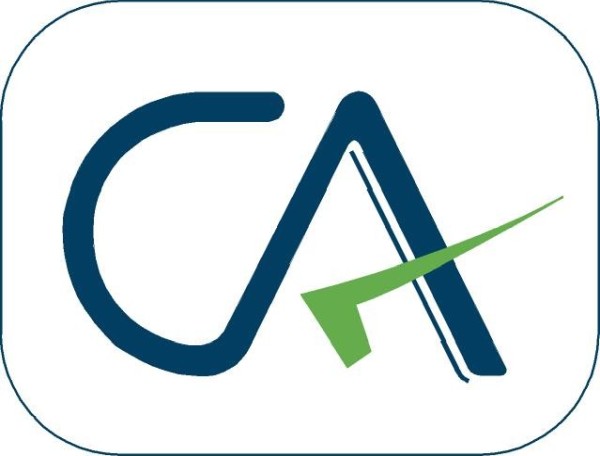The Institute of Chartered Accountants of India (ICAI) is a national professional accounting body of India. It was established on 1 July 1949 as a body corporate under the Chartered Accountants Act, 1949 passed by the Parliament of India to regulate the profession of Chartered Accountancy in India. ICAI is the second largest professional accounting body in the world in terms of membership second only to American Institute of Certified Public Accountants. ICAI is the only licensing cum regulating body of the financial audit and accountancy profession in India. It recommends the accounting standards to be followed by companies in India to the National Advisory Committee on Accounting Standards (NACAS) and sets the accounting standards to be followed by other types of organisations. ICAI is solely responsible for setting the auditing and assurance standards to be followed in the audit of financial statements in India. It also issues other technical standards like Standards on Internal Audit (SIA), Corporate Affairs Standards (CAS) etc. to be followed by practising Chartered Accountants. It works closely with the Government of India, Reserve Bank of India and the Securities and Exchange Board of India in formulating and enforcing such standards.
Members of the Institute are known as Chartered Accountants. However the word chartered does not refer to or flow from any Royal Charter. Chartered Accountants are subject to a published Code of Ethics and professional standards, violation of which is subject to disciplinary action. Only a member of ICAI can be appointed as auditor of an Indian company under the Companies Act, 1956. The management of the Institute is vested with its Council with the president acting as its Chief Executive Authority. A person can become a member of ICAI by taking prescribed examinations and undergoing three years of practical training. The membership course is well known for its rigorous standards. ICAI has entered into mutual recognition agreements with other professional accounting bodies world-wide for reciprocal membership recognition.
ICAI is one of the founder members of the International Federation of Accountants (IFAC), South Asian Federation of Accountants (SAFA), and Confederation of Asian and Pacific Accountants (CAPA). ICAI was formerly the provisional jurisdiction for XBRL International in India





 CAclubindia
CAclubindia
